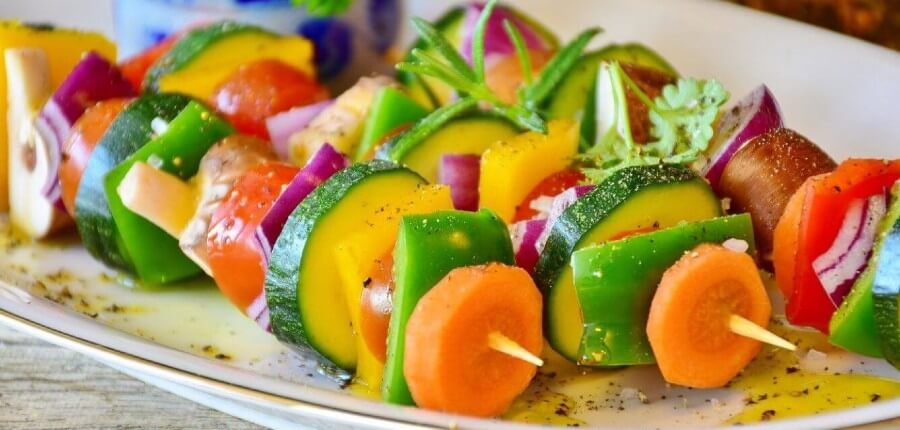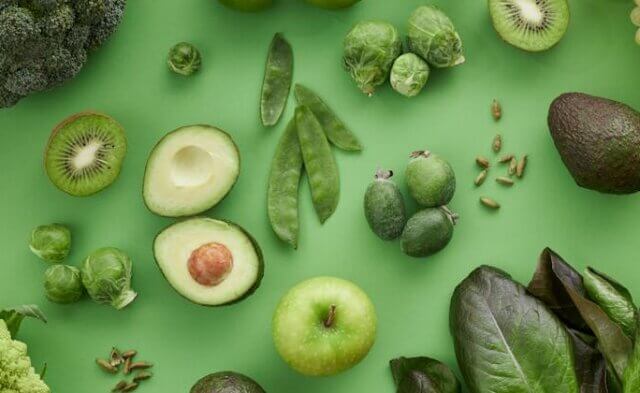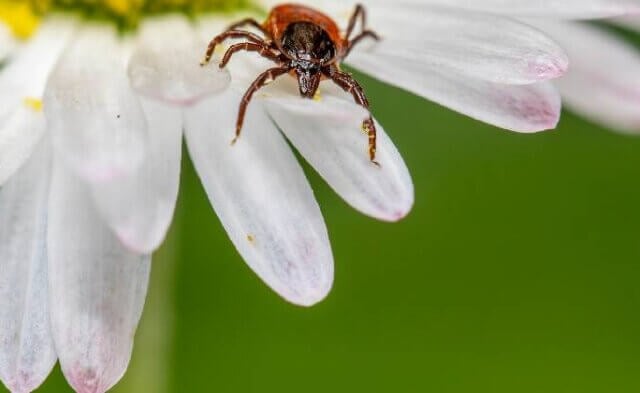Written by Kate Dunbar
One summer, about 20 years ago, I was in a field doing sports with my kids when I pulled my back. Initially, I didn’t think much of it, but it got worse and other joints began to flare up, too. One time, when I bent down to pick something up, I felt a pinging in my knee. I stood up and watched the knee blow up, like in a cartoon, right before my eyes.
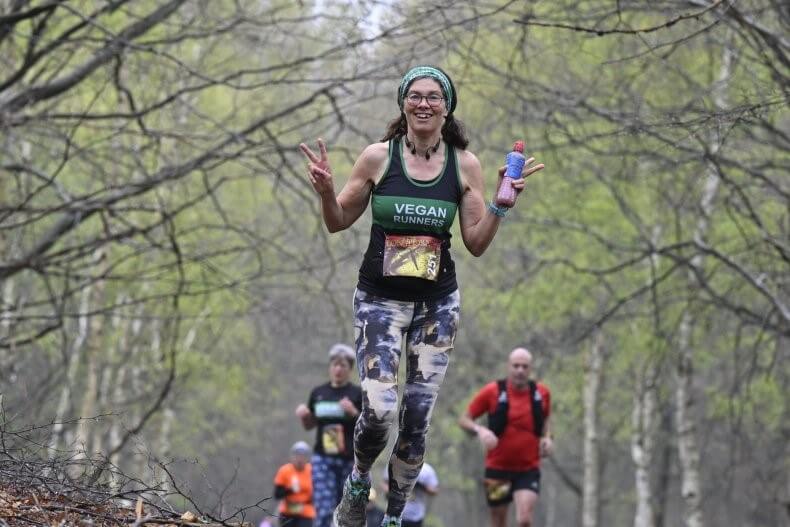
Over the next few weeks, more joints began to swell. They were extremely painful, and I ended up spending the entire summer in bed and on pain medication. I could barely walk and had to quit my job as a teacher.
I was diagnosed with psoriatic arthritis, an autoimmune disease that causes joints to become swollen and painful. Eventually, I saw a rheumatologist, who prescribed methotrexate, an immunosuppressant that’s also used to treat cancer. It helped ease my symptoms a little, but I had to go in for blood tests every month, and the medication was toxic.
Over time, I started to notice that certain foods caused my joints to feel worse. I asked my rheumatologist if there was a connection between my condition and my diet. “Diet has nothing to do with it,” he said. However, that didn’t seem right to me, so I started doing some research. I found a few articles discussing the microbiome and eventually brought it up with my rheumatology nurse.
She suggested trying an elimination diet, eating only simple foods and adding on from there. I soon found that some foods, including red meat, eggs, cheese, and stone fruits, had a negative effect on me. Coincidentally, I had come across The Vegan Society, and I began thinking deeply about what and who I had been eating. I have always cared about animals and was concerned about the environment. So I decided to stop eating animals and became an ethical vegan.
A few years after going vegan, I was able to cut my medication in half. In 2017, I attended a vegan festival in London, where I saw a stall for a vegan runner. I had recently attempted running for the first time, but my joints and muscles weren’t ready for it. The most I could run was about 30 meters (100 feet). The woman at the stall told me that she used to have rheumatoid arthritis but became a “whole-foods vegan” and now runs marathons. I was stunned.
She said she had stopped taking medication 10 years ago and encouraged me to try a whole-foods diet. I was hesitant, because that meant cutting out lots of ingredients, including oils, salt, fried foods, and refined sugar—and I have a sweet tooth! However, I decided I would be remiss not to at least give it a try.
As time passed, my taste buds changed and I learned how to make delicious dishes like curries and baked samosas. I was even able to make cakes sweetened with whole-foods ingredients. I started to feel great! As an ethical vegan, I had already reduced my medication but would occasionally have flare-ups. I had concluded that I would be on medication for life and that I could live with that. However, as I started my whole-foods diet, I started reducing my medication even further.
Finally, I stopped taking my meds altogether. I felt fabulous off the pills, and I was completely gobsmacked!
By this point, I had joined a group called Vegan Runners and had managed to complete a 10-kilometer (6.2-mile) race. At my next (and last) rheumatology appointment, I presented my doctor with my medal and lots of research into plant-based health—and told him I was off my medication entirely. He slumped back in his chair, and the look of surprise on his face was priceless.
Today, I have been off the medication for five years and am in remission. Going from all that pain and suffering to becoming a runner made me so happy! I recently ran a marathon, and the amazing people I have met through running and vegan eating supported me all the way. I even became an ambassador for Running On Plants—a group that offers a free challenge to improve your running performance by using plant-based recipes.
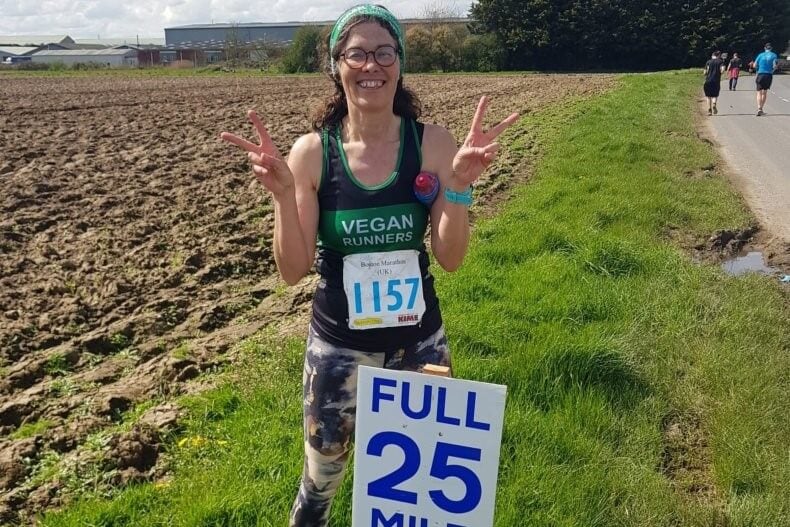
I’m now nearly 60 years old and still getting faster. I don’t believe my personal bests are behind me. While I can’t promise that every disease can be managed through diet, I would encourage anyone experiencing something similar to do some research and try a whole-foods, vegan diet. Find out all you can about your particular ailment and how plant-based nutrition might be able to address it.
When you’re ill, it’s easy to fall into a very dark place—as I did that first summer—but my number one piece of advice is not to give up hope.
Kate Dunbar is a patient advocate for Plant-Based Health Professionals UK and an ambassador for Running On Plants.
She Dropped 60 Pounds and Revitalized Her Health by Going Vegan!
